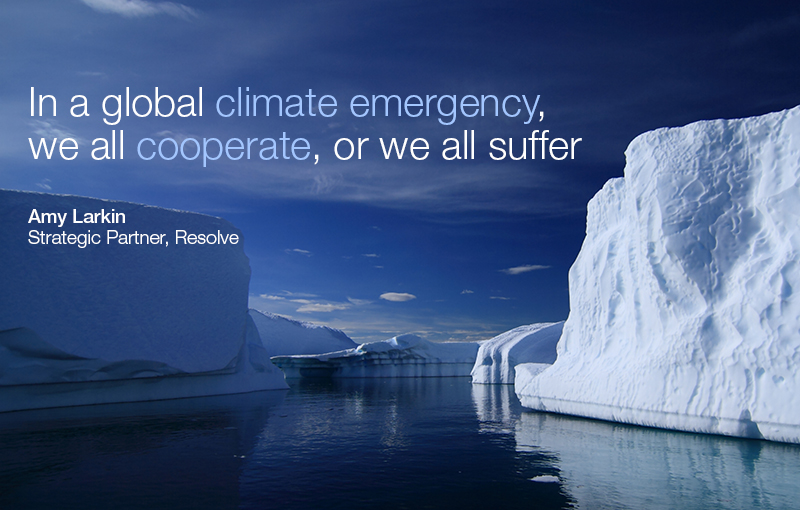Aligning the rules of business and the laws of nature
First published by the World Economic Forum
“You don’t need a weatherman to know which way the wind blows,” Bob Dylan famously sang. You don’t need the UN secretary-general to know that climate change has arrived early – ahead of scientists’ most dire predictions. But the messages resounding from the global stage are encouraging. There is now a clarion call for radical change from vast numbers of political and business leaders. It almost feels as if we have finally reached a tipping point.
Leaders of business and government are beginning to connect economic prosperity with environmental stewardship and climate stability. This is the foundation for creating a low-carbon economy in the 21st century. Companies and governments that do not participate in this “solutionary” approach will find themselves on the wrong side of the balance sheet, as well as the wrong side of history.
Brilliantly, Ban Ki-moon has invited businesspeople and governments to announce joint transformative initiatives and I am heartily applauding the strong words emanating from the General Assembly floor, where speakers are acknowledging the severity and imminence of the climate crisis. These nations must be held to their words as they negotiate a new climate agreement over the coming year.
Positive signs abound. A few days ago, 347 investors from around the world, who manage $24 trillion in assets, announced their support for a strong UN climate deal in Paris 2015. The board of the Rockefeller Brothers Fund, the heirs to the world’s first great oil fortune, just announced their divestment of fossil fuels from their portfolio. Many other corporations are announcing large-scale transformative projects and processes.
But we are deceiving ourselves if we think these fine gestures will deliver a low-carbon economy. Scientists estimate that we need to

